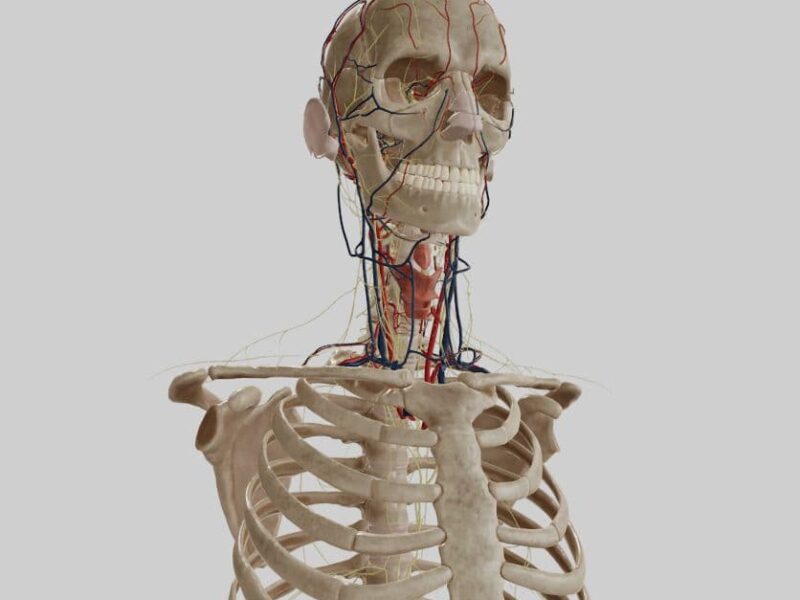A researcher from the USA analyzed the duration of sleep of warm-blooded animals, data on their body temperature, brain, lifestyle and so on. He came to the conclusion that the REM phase of sleep is necessary for animal and human brain thermoregulation and awakening.
Sleep is an integral part of every person’s life and essential to their health. Doctors believe that it is optimal for an adult to sleep seven hours a day, and that lack and excess of sleep are harmful.
However, many people (10-30% of the population) regularly face sleep disorders, including insomnia. Of equal importance is the quality of sleep, including the duration of its individual phases (slow sleep, REM sleep and so on) and their ratio.
Interestingly, the average duration of spontaneous daily sleep in mammals varies widely, from two to 20 hours per night. Assessing this parameter helps to better understand the physiological and other functions of sleep. It turns out that sleep duration does not correlate with brain size and cognitive abilities. Rather, it is determined by their ecology, lifestyle and how a particular animal eats.
Thus, the cyclical alternation of sleep and wakefulness was found to be important precisely in the context of nutrition and optimal energy utilization.
It is noteworthy that the temperature of the animal’s brain drops sharply during the transition from wakefulness to the phase of slow-wave sleep – that is, as the animal falls asleep. At the same time, the brain warms up again with the onset of the rapid eye movement phase of sleep (REM phase).
The REM (rapid eye movement) phase of sleep is indeed accompanied by rapid eyeball movements. In this phase, the brain is most active – and it is in this phase that humans dream.
As a result, it was concluded that the duration of the rapid sleep phase in warm-blooded animals is inversely proportional to the temperature of their body and brain. Thus, having a body temperature of only 31 degrees, monotremes (like platypus and echidna) spend about 7.5 hours in the REM-phase every day. They are followed at intermediate rates by marsupials and placental mammals (most members of this class, including humans). Finally, the shortest phase of REM sleep (only 0.7 hours per day) is noted in birds, which have the most “hot” blood – about 41 degrees.
It turns out that the phase of REM sleep plays a key role in the regulation of brain temperature and the rate of metabolism in this organ. It also helps the brain to move into a state of wakefulness.
The author of the study believes that during the slow phase of sleep brain temperature of animals should not fall below a certain critical value. Otherwise, they simply will not be able to wake up quickly in case of danger.
According to the scientist, his conclusions are quite applicable to human sleep. He emphasizes that the duration of the phase of REM sleep in Homo sapiens has average values, the same can be said about the temperature of his brain. All this rather denies the role of the REM phase of sleep in the outstanding cognitive and emotional capabilities of our species.



